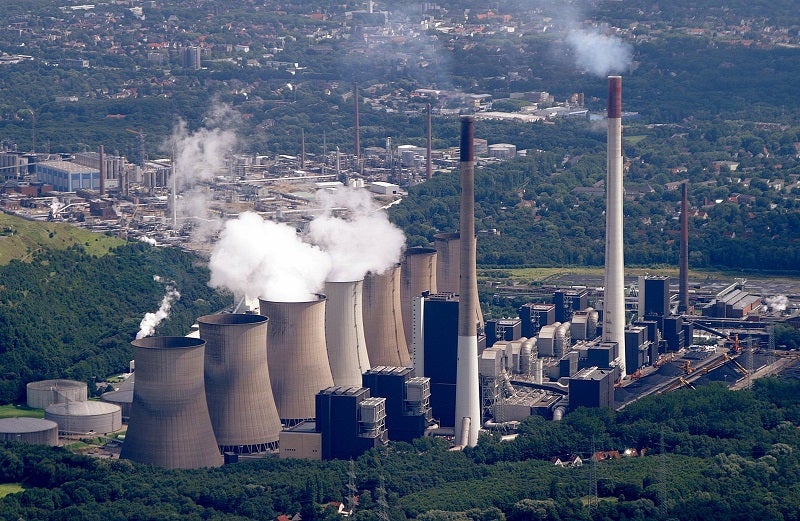
Two-fifths (42%) of global coal power stations are already operating at a loss due to high fuel costs and it makes economic sense to close them to be in line with the Paris Climate Agreement, according to a report released by Carbon Tracker Initiative.
The not-for-profit think tank analysed the profitability of 6,685 coal plants across the world, which represents 95% (1,900GW) of all operating capacity and 90% (220GW) of capacity under construction.
By 2040, 72% of global coal power stations would be operating at a loss due to carbon pricing and air pollution regulations.
The study also identified that new wind and solar projects will be cheaper than 96% of today’s existing and planned coal power plants by 2030.
Carbon Tracker power and utilities head and co-author of the report Matt Gray said: “The narrative is quickly changing from how much do we invest in new coal capacity to how do we shut down existing capacity in a way that minimises losses.
“This analysis provides a blueprint for policymakers, investors and civil society.”
The report also identified that China could save $389bn by closing plants in line with the Paris Climate Agreement, while EU could save $89bn, and US $78bn and Russia $20bn.
According to the United Nation’s Intergovernmental Panel on Climate Change, nearly 59% of the coal-powered plant must be shut by 2030 in order to cap global warming to 1.5°C and several countries across the world have also set phase-out dates.
Carbon Tracker further suggested that the governments should phase out coal in an orderly manner and develop plans to close the least economic plants first.
Supporting coal-fired power plants in the long-term will threaten economic competitiveness and public finances as the increasing power prices would be passed on to consumers. In Germany the US and some other nations, solar and onshore wind has undercut coal in power auctions in 2018.
Carbon Tracker energy analyst and co-author Sebastian Ljungwaldh said: “Our analysis shows a least-cost power system without coal should be seen as an economic inevitability rather than a clean and green nicety.”



